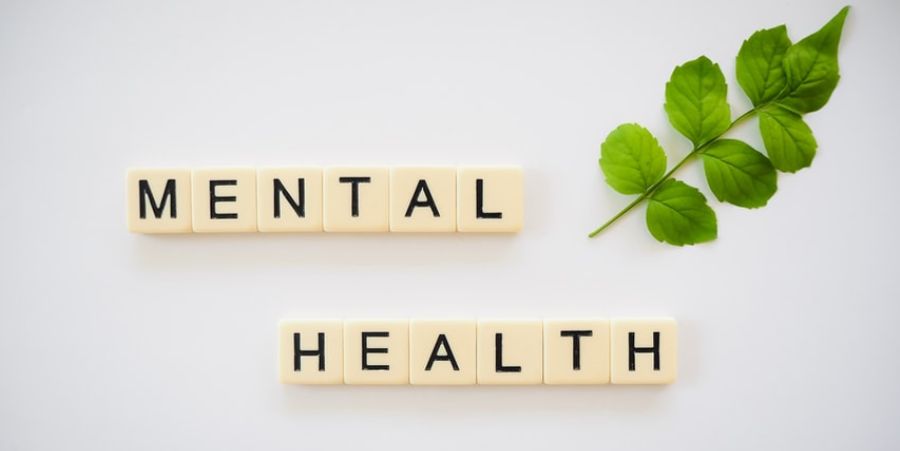

Incidents of anxiety and depression among the kids leading to suicidal tendencies are not new. A survey conducted in 2018 and 2019 among the students by American College Health Association (ACHA) suggested that 60% of students who participated felt overwhelming anxiety while 40% experienced depression, leading to everyday functioning problems.
But where is the actual problem? Is it lack of communication or over-expectation or just inability to understand the children? Today, let us try to address the issue and understand how simple it is to tackle these issues with little patience and concern?
Mental Health has remained a point of discussion for a long time. Considered taboo, people used to think it shameful while accepting that they required the psychologist's assistance. Thankfully, with the increasing understanding of the concept and widespread awareness, a paradigm shift has been seen. But Mental health for students still needs attention.
The mental health problems are diagnosable and include anxiety, depression, and eating disorders, common among the students. Mental health problems can affect the students' performance, energy levels, concentration, and optimism.
Anxiety and depression are the most common mental illnesses while eating disorders, substance abuse, and self-injury are few others. Recognizing the symptoms of mental health is not straightforward but still not impossible.
The increased pressure to succeed and the high level of competition in the education field and the career, pressure from family, health concerns, financial insecurity, and sometimes genetics can cause mental health problems.
The root cause of the problem is displayed by the symptom of being regular and getting irritated, tired or even having dissatisfaction. While one can ignore these but close attention to them can help cure.
Talking to someone near, like friends and family, can help a lot.
The reduced pressure, time for recreation, and allowing students to pursue their passion, reducing the time spent on social media and spending that time reading books or participating in relaxing activities like gardening, yoga, or walking is proven to help enhance mental health.
Even after following the small steps, if the student feels anxious, stressed, or depressed, consulting a psychological expert is a great solution.
Mental health can demand counseling and time to improve. This is sure to impact students' lives positively. Keeping a mind open for the symptoms can help curb the issue at the starting stage.
Mental health for students is essential. Understanding the intervention and preventive strategies to address students' mental health will bring positive results. A direct yet friendly and inductive approach can help students gain progressive and robust mental health. Additionally, adopting mental health awareness and education as a part of the curriculum is one of the finest decisions.
Empowering the students with mental health knowledge is the key to success.
Remember to share the message , “Never let anyone define the height of your flight.”


